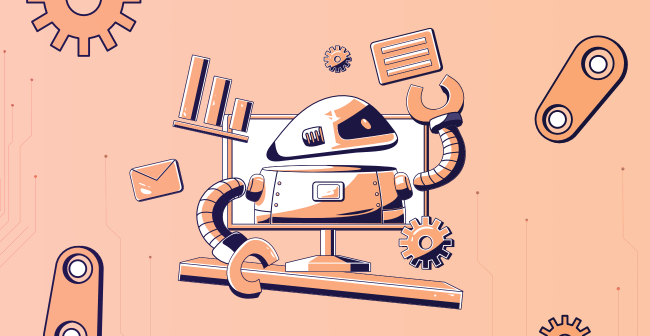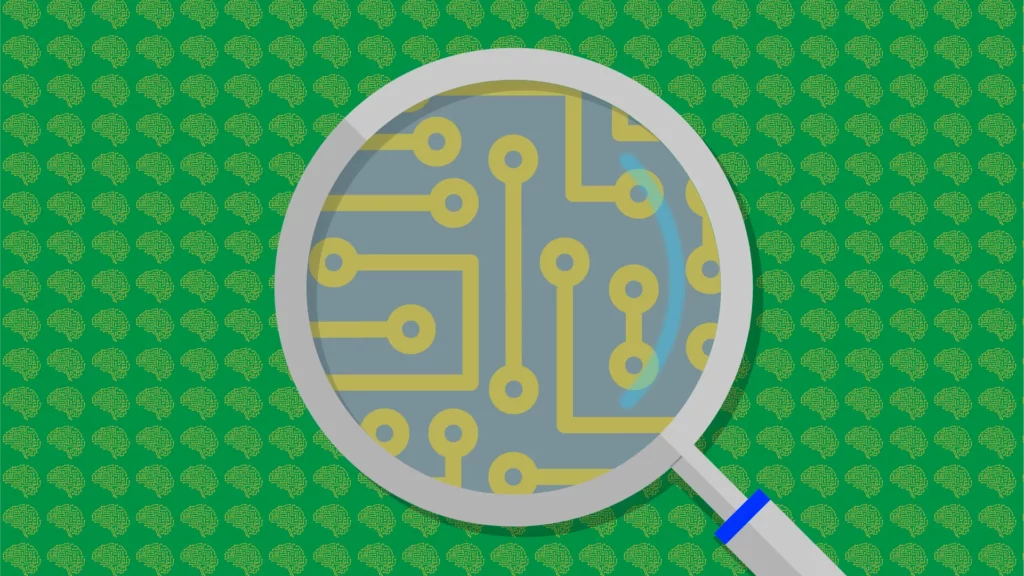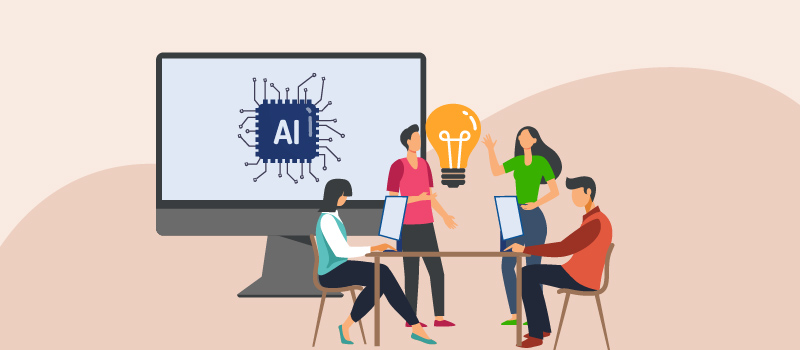Thanks to generative artificial intelligence, which is actively shaking up the media and marketing sectors, the already complicated relationship between tech behemoths and news publishers is becoming even more complicated.
Publishers are preparing for the possibility that they will miss out on traffic and revenue due to the potential changes that AI technology, such as OpenAI’s ChatGPT, will make to search. According to a report by publisher trade group News Media Alliance and the Wall Street Journal, there is an increasing need for action, to the point where publishing executives have lately looked at how their content has been used to train AI tools. 2,000 publications, including The New York Times, The Washington Post, and The Wall Street Journal, are members of the trade association.
The degree to which AI tools link back or reference where the information has originated—often the result of expensive journalism—and a legal doctrine called “fair use” that permits the use of copyright content without permission particularly annoy publishers.
According to Danielle Coffey, executive vice president and general counsel of the News Media Alliance, “We don’t even have any attribution or links that come back to the original content for us to monetize.”

Publishers are therefore actively looking for income streams to recover their investment, as well as legal avenues and technological safeguards to shield themselves from the effects of AI tools, according to Coffey, who did not provide further details.
There has been some industry hand-wringing about how this technology will impact search, particularly for media companies dependent on intent-based media income, even though publishers like BuzzFeed and CNET have attempted to embrace AI technology with varying degrees of success.
According to Coffey, the emergence of generative AI and the resulting decline in website traffic worsen the growth of publishers’ income.
Linking back to publishers
Recently, tech giants like Google and Microsoft released their own versions of AI tools, sometimes integrating them into search. While Google this week revealed the release of Bard, its response to ChatGPT, which has experienced early difficulties, Microsoft has integrated AI into Bing search.

When users query Microsoft’s AI-enhanced search, connections citing publishers are included; however, in early testing, Google’s Bard frequently provided results without any links or attribution.
Nevertheless, Coffey noted that “[people] are less likely to click the link because the entirety is included in an AI result.”
The idea that pertinent links in chat-based search engines would prompt tepid responses has led some marketers to be dubious of links as a vehicle for advertisements.
‘Fair use’ is still to be determined
The legal doctrine known as “fair use,” which permits the use of copyright material without permission, is at the heart of the dispute between tech platforms and publishers.

Whether AI firms can legally scrape publishers’ material to train their models is still up for debate. Coffey claims that the court has not yet decided whether this technique qualifies as fair use.
When it comes to ChatGPT, OpenAI’s CEO Sam Altman told The Wall Street Journal that the business has “done a lot with fair use” and is prepared to pay for high-quality data, like scientific data.
With Google Search’s knowledge panels, which provide users with answers to queries without attributing pertinent media sites, publishers have long-standing concerns about fair use.
Any payment that companies ask for will be earned. After being circulated during the previous Congress session, legislation allowing American publishers to discuss compensation is being reintroduced, this time updated to cover commercial agreements for AI tools.

For material used in Google News Showcase, a product whose launch in the United States has allegedly been delayed due to unfavorable conditions for publishers, Google has previously reached agreements with publishers like News Corp.
However, businesses are already aggressively violating copyright using AI. Getty Images filed a lawsuit against Stability AI, a Delaware-based AI art company, in February, claiming copyright violations. The case is still in court.
Download The Radiant App To Start Watching!
Web: Watch Now
LGTV™: Download
ROKU™: Download
XBox™: Download
Samsung TV™: Download
Amazon Fire TV™: Download
Android TV™: Download

